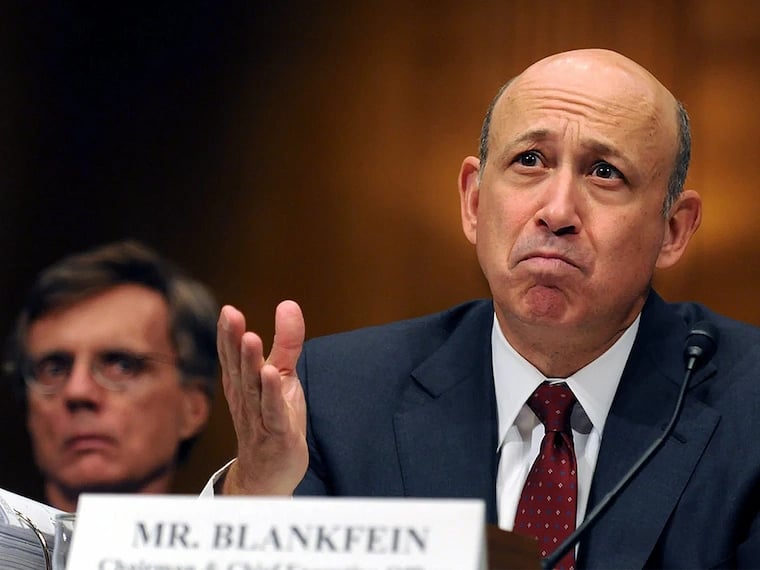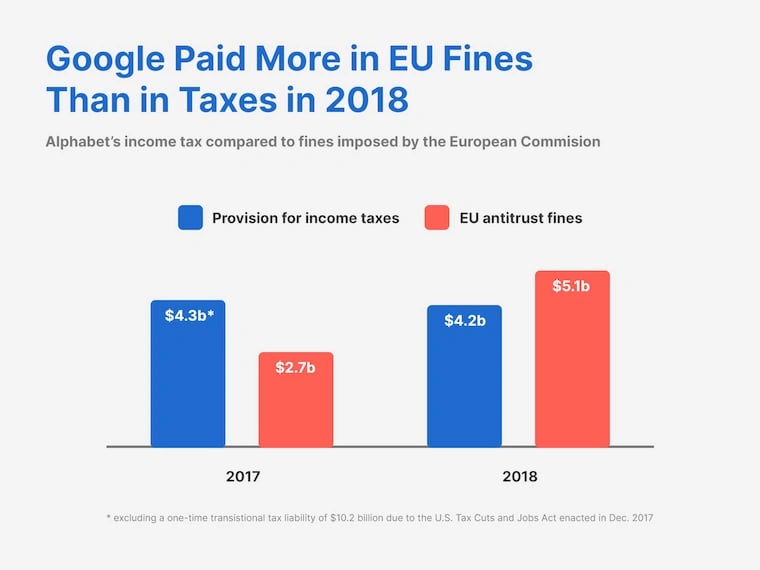When most people hear “marketing compliance” they immediately think of regulated industries like healthcare or financial services. However, the truth is that neglecting marketing compliance can create problems for any business in any sector — just look at the Federal Trade Commission cracking down on influencers who fail to disclose sponsorships. Marketing compliance is integral for many roles in marketing, including creative operations and project managers, senior marketing leadership, and specialist compliance teams.
In the article, we'll look into the significance of marketing compliance, how it affects your role, and how implementing a marketing compliance management system can streamline your creative processes, mitigate compliance risk, and enhance creative team performance.
What we'll cover
Table of contents
- What is marketing compliance and why is it important?
- What are the challenges for creative teams managing marketing compliance?
- When marketing compliance fails
- How does marketing compliance affect your role?
- How creative teams can ensure marketing compliance
- Key features of marketing compliance software that help keep your creative team compliant
- Compliance monitoring is no longer optional — Ziflow embeds it in your creative process
What is marketing compliance, and why is it important?
At its core, marketing compliance is ensuring your marketing plays by the rules set by the laws, regulations, and industry standards that apply to your industry and location. It's also about sticking to your internal guidelines, like making sure your brand's voice and messaging are consistent (which we cover in another post on brand compliance.)
Key considerations for marketing compliance include:
Customer data: Whether you're in the B2B or B2C space, keeping a tight grip on customer data is paramount. Slip-ups can lead to customer identity theft, seriously damaging your brand's reputation. Customers are understandably wary about giving their data to companies they think might fumble.
Truth and honesty: In many markets, you've got a legal obligation to be truthful about what your products do and the risks they might come with.
Industry regulations: You may work in an industry with industry-specific regulations, such as the FDA 21 CFR Part 11 in healthcare or the Truth in Savings Act - TISA in financial services. Take tobacco ads as an example—they must include health warnings, and there are strict no-gos on marketing to kids or in certain locations.
Regional regulations: Having a solid marketing compliance strategy helps you launch in new markets more easily, as you already have the tools and know-how to deal with regulations anywhere.
Fair competition: Marketing laws stop the bad apples from spoiling the bunch, ensuring everyone's playing fair and square.
The legal and financial consequences of disregarding marketing compliance regulations are devastating. Just ask the big companies like Amazon, Google, and Facebook, who've all faced reputational damage and eye-watering, ten-figure fines for stepping out of line.
What are the challenges for creative teams managing marketing compliance?
Dealing with marketing compliance can be a battle for creative teams. The regulations keep changing. You have to keep your creative enthusiasm alive. Your marketing campaigns need to remain effective without stepping on any regulatory landmines. It's a delicate balancing act, requiring some tech savvy, a good chunk of your time, and a solid strategy. Here are some of the specific marketing compliance challenges you might face:
Knowing and keeping up to date with, regulations
Compliance regulations change frequently. They vary by state, region, or country. Trying to stay in the loop with all these changes can be a full-time job, putting the squeeze on you and your team. Regular training is key so everyone’s up to speed and your creative flow doesn't stagnate.
Cross-team collaboration
Making sure your marketing sticks to the rules means playing well with others, like your legal and compliance peers. This needs top-notch project management skills and a workflow that ensures the right people are checking in at the right moments.
Staying creative (while sticking to the rules)
Let's be clear, you’re in this game to make exceptional, impactful content. Balancing that with compliance means really knowing the boundaries and still being able to color outside the lines (metaphorically speaking).
Creating for multiple markets
If your audience is spread out across the globe or even across different regions, you've got a patchwork of compliance regulations to deal with. This can make planning, executing, reviewing, approving, and rolling out campaigns like solving a puzzle.
Managing compliance and AI
You may already be using AI to boost your creative productivity. However, these tools are still unpredictable and far from on par with human logic and reasoning. Using AI in the creative process requires specific workflow steps to maintain compliance.
Using technology and tools
Using technology to support compliance in marketing has become essential. However, Technology is only as good as the people and processes it supports, so it is crucial to ensure that your compliance workflow is defined and the culture of your creative team embraces compliance.
Managing compliance with remote and distributed teams
The chances are that you are one of the 75% of marketing teams that collaborate remotely to some extent. This adds to your compliance challenges. You must communicate which marketing regulations apply to each project and ensure compliance checks are carried out properly between team members in different locations.
When marketing compliance fails
Not following compliance rules can hit companies where it hurts — their wallets. Plus, if things get bad enough, it could even cost someone their job. The FTC doesn't play around when it comes to protecting customers. They'll come knocking, even for what might seem like small slip-ups, to make sure companies are sticking to the rules.
Advocate Health Care - $5.5M
 Advocate Condell Medical Center in Libertyville. (Rick Kambic / Pioneer Press)
Advocate Condell Medical Center in Libertyville. (Rick Kambic / Pioneer Press)
In 2013, one of the largest health systems in the U.S. was stung with the largest-ever settlement for violating HIPAA regulations. It all happened because an employee left an unencrypted laptop in a car overnight, forgetting to lock the door. The data for over 4 million patients went missing, and AHC paid the price.
Goldman Sachs - $550M
In 2010, Goldman Sachs was penalized for misleading investors with a subprime mortgage product. This subterfuge played out just as the U.S. housing market was beginning to crash. In the end, Goldman Sachs was accountable
Google - $2.7B
In 2017, the search giant received the largest marketing compliance fine in EU history. After a seven-year-long investigation, Google was found guilty of manipulating search results. This astonishing charge came with a stark warning to change its practices within 90 days or face further monetary penalties.
How does marketing compliance affect your role?
Everyone has a role to play in marketing compliance. Understanding the compliance responsibilities and standards of different roles throughout your organization is essential for mitigating compliance risk in your marketing production, communications, and approval processes.
Let's take a look at the roles in marketing that implement marketing compliance on a daily basis.
Creative Operations or Project Manager

If you are in creative operations or project management, you know what a big impact marketing compliance has on your role. It adds a layer of complexity to what is already a difficult role. Your core function is to oversee the planning, execution, and delivery of marketing projects, ensuring they are completed on time, within budget, and to the right quality. When compliance is factored into this equation, your responsibilities expand considerably.
Knowing the Regulations
You must fully understand the marketing compliance regulations that apply to your business. You must be able to ensure that creative work complies with legal standards and ethical practices.
Risk Management
Risk management becomes a critical part of your role. You must identify compliance risks at the beginning of the project and throughout its life cycle. This means being aware of the legal implications of creative decisions, such as using customers, testimonials, portrayal of product benefits, and handling of personal data in marketing campaigns.
Process Integration
Delivering high-quality creativity at speed is a core requirement for your role. Integrating compliance checks and balances into your creative workflow without stifling creativity or slowing delivery is challenging. You need to implement processes that allow for compliance at the relevant stages of each project.
Collaboration with Legal and Compliance Specialists
Efficient communication and collaboration with legal and other specialist compliance teams are critical to your process. You must coordinate discussions between the creative team and these other stakeholders, ensuring that all creative content receives legal and compliance approvals before launch.
Training
You may be responsible for ensuring that your team is aware of and up-to-date on compliance regulations. You may need to organize training sessions, distribute updates on legal and regulatory changes, and provide reference material for use during the review and approval process.
Documentation and Record-Keeping
Regulatory compliance almost always requires meticulous documentation and recordkeeping to prove that the organization has complied with laws and regulations. You must ensure that all feedback, changes, decisions, and approvals are well documented and that the records are kept for possible future auditing.
Technology and Tools
The use of technology significantly streamlines marketing compliance at every level. You need to be experts at using these tools to support the compliance process.
Crisis Management
Of course, we hope there are never any issues with regulatory compliance. Still, when there are, it often falls on you to act quickly to rectify the situation. This can mean coordinating with legal and compliance teams to address the issue, managing stakeholder communications, and ensuring corrective measures are properly taken.
Budgeting
Compliance comes at a cost, including legal reviews, compliance software, or reworking content to meet compliance standards. You need to consider these potential costs in your overall budget planning and the cost of each project or campaign.
Chief Marketing Officer (CMO) or Vice President (VP) of Marketing
"Profound" - "Multifaceted" - "Complex". All words used by CMOs and VPs of Marketing to describe the impact of regulatory compliance on their roles. As the senior leader for marketing, you are responsible for your organization's marketing strategy, including ensuring that the execution of that marketing strategy complies with legal and regulatory standards. Here’s how marketing compliance impacts your role:
Marketing compliance strategy
If you work in a regulated environment, you need to integrate compliance into your marketing strategies. This means understanding the regulatory landscape and seeing the opportunity to use compliance as a strategic advantage to enhance your brand's reputation and customer trust.
Ultimate accountability
Ultimately, you are responsible for compliance failures. This means you need a proactive approach to compliance, identifying and addressing potential issues before they become problems. It also means putting the tools, systems, processes, and culture in place to mitigate those risks.
Creating a compliance culture
Tools and processes are only as good as the people using them, so fostering an organizational culture that values and prioritizes compliance is critical. This means leading by example and ensuring that marketing compliance is integrated into every part of the marketing process, and everyone sees it as their responsibility.
Owning external communication
You own how compliance is communicated externally, including how the company's compliance efforts are showcased to build trust with customers and stakeholders.
Balancing innovation and risk
One of your biggest challenges is navigating the delicate balance between pushing the boundaries of marketing to maintain brand relevance whilst managing the risk related to compliance. This requires clarity, creativity, and innovation.
Maintaining agility
The regulatory environment is constantly changing, and you must ensure that your organization is agile enough to adapt quickly to new laws and regulations.
Content Creator

If this is your role, you’re at the forefront of creating the content that shapes brand perceptions and drives customer engagement. You might not be developing the marketing compliance strategy, but your work is where the creative rubber hits the marketing compliance road:
Compliance constraints drive creativity
You need to ensure that your work complies with regulatory guidelines, which can constrain your creative expression. However, those constraints can drive innovation, pushing you to find new but compliant ways to convey messages in compelling ways.
Content review and approval
Creative content in a regulatory environment undergoes more rigorous review and approval processes. These can impact project workflows and timelines. When planning your work, you need to account for these to ensure sufficient time for compliance checks and revisions.
Continuous education
You must stay informed about relevant regulations and guidelines affecting your work, including those governing copyright, trademark, advertising standards, and privacy laws.
Ethics in marketing
Beyond regulatory compliance, there is an increasing demand for marketing to be managed ethically. Creatives such as yourself play a key role in ensuring that content is legally compliant and ethically sound.
Portfolio and career impact
Expertise in creating compliant marketing content is becoming a highly marketable skill. It demonstrates that you are creative and can be creative within a regulatory framework.
Marketing Technology (MarTech) Manager

Your role is pivotal in selecting, implementing, and managing the tech stack that supports your marketing team. As marketing compliance grows in importance, your role is likely to be affected significantly:
Technology selection and implementation
As you consider which technology is right for your organization, you need to ensure that tools meet your marketing team's needs as well as comply with the regulations that apply to your organization. Part of your role is carrying out the due diligence on vendors to ensure they meet your compliance standards, including data protection practices, security measures, and compliance certification.
Data management and privacy
You play a critical role in establishing and maintaining data protection practices that comply with privacy laws. You make sure customer data is collected, stored, used, and disposed of correctly. You must ensure that your technology stack complies with data protection regulations. Your marketing technologies must facilitate proper consent management practices, enabling customers to easily provide, withdraw, and manage consent for data collection and processing in line with regulatory requirements.
Secure creative workflow automation
You must ensure that all your marketing tools are securely integrated to protect data, integrity, and privacy. You are responsible for implementing workflow automation tools that include compliance checks within marketing and creative workflows.
Monitoring and reporting
You need to monitor the use of marketing technology continuously to ensure ongoing compliance. This includes regular audits of data practices, consent management, procedures, and creative campaign workflow. You must ensure that analytics and reporting tools comply with data anonymization and privacy rules. All of your platforms should have reporting capabilities so that you can demonstrate compliance with regulatory requirements if needed.
Vendor communication
You must stay in touch with your technology vendors to stay informed about any updates or changes that might impact your compliance. You also need to communicate any vendor-initiated changes internally to your compliance stakeholders.
Innovation
Your legal and regulatory landscape is changing constantly, so you need to be agile and ready to adapt your martech stack and strategies to meet new compliance requirements.
General Counsel

Marketing compliance is a core part of your role, especially if you are in a heavily regulated industry.
Strategic advisor
You are the advisor on all legal and compliance matters related to marketing strategy as well as individual campaigns. You help mitigate risks associated with non-compliance at every level. You also play a key role in developing and updating internal policies to ensure that marketing complies with laws and regulations. This can include data, protection, privacy, advertising standards, and social media use.
Compliance oversight
Part of your role is establishing and overseeing the compliance framework for marketing operations. This means setting up processes for regular compliance audits and risk assessments. To do this, you need to collaborate cross-functionally with marketing, IT, and specialist compliance teams to ensure a cohesive approach to marketing compliance. This includes advising on integrating compliance measures in marketing technologies and practices.
Training and education
General Counsels oversee the development and implementation of training programs to educate marketing and other teams about compliance requirements. Because of the ever-changing nature of the regulatory landscape, this needs to be a continuous learning process so everyone can stay abreast of new laws, regulations and industry best practices that affect marketing.
Creative and marketing execution
Your team will be involved in the day-to-day delivery of creative and marketing campaigns. You will be part of the creative workflow to review and approve creative content as it is produced. This can include advertising claims, intellectual property rights, and consumer privacy content.
Contract and vendor management
Part of your role is to review and negotiate contracts with vendors and other third parties involved in marketing activities to ensure that contracts comply with relevant laws. You are also likely to be involved in assessing the compliance of vendors engaged in data handling and other marketing activities to make sure they meet your organization's compliance standards.
Regulatory affairs and litigation
General Counsels are usually the primary liaison with regulatory bodies, managing submissions, reports, and communications required for compliance. If the worst case happens, you will be responsible for managing any legal disputes or litigation arising from marketing activities.
Ethical leadership
Last but by no means least, you are likely to play a crucial role in promoting an ethical culture within the marketing team and the wider organization. It is increasingly important that marketing practices comply with regulatory requirements and align with high ethical standards and corporate values.
Medical, Legal, or Regulatory Specialist (MLR)

Alongside general counsel, you’re the compliance expert. You likely have a role at larger companies in heavily regulated industries. For example, in the pharmaceutical industry your role might be Medical, Legal, or Regulatory. In marketing, your title might be Marketing Compliance Officer. Your job is to ensure that all communications and marketing materials comply with industry regulations, legal standards, and ethical guidelines.
Review and approval
You and your team are the gatekeepers, preventing non-compliant content from going out into the world. You are responsible for the detailed review of marketing materials, including promotional content, educational materials, and digital media. You have the final say in approving or rejecting marketing materials.
Collaboration
A core part of your role is to work closely with marketing, sales, and product teams to provide guidance from the early stages of content creation. Your input helps shape the content strategy. As part of this, you play an ongoing role in educating other departments on the regulatory landscape. The more you educate them, the fewer problems you experience during execution.
Advice and strategy
Part of your role is interpreting complex regulations and guidelines to provide clear, actionable advice to marketing teams. This includes understanding the nuances of claims that can be made about a product, the evidence required to support those claims, and the legal ramifications of non-compliance. You will also contribute to strategic planning by advising on the regulatory implications of marketing strategies, including product positioning and messaging.
Documentation and recordkeeping
MLR specialists are responsible for maintaining a well-documented, comprehensive audit trail for all marketing materials. These are used for regulatory inspections as well as internal audits. You will likely be part of the team that selects the appropriate technology.
How creative teams can ensure marketing compliance
To ensure marketing compliance, creative teams should first understand and plan for the regulatory environment by staying updated on industry regulations, allocating sufficient time and budget, and leveraging expertise and partnerships.
Mapping processes and workflows is crucial, integrating legal and compliance early, citing borrowed content fairly, providing full product disclosure, maintaining transparency about influencer relationships, and disclosing product risks.
Supporting tools such as compliance-friendly software are essential for tracking documents and facilitating audits.
Lastly, managing people and culture involves leadership commitment to compliance, embracing roles and responsibilities, and staying proactive through research and education to keep the team informed and compliant.
Key features of marketing compliance software that help keep your creative team compliant
Marketing compliance software is designed to be a great, collaborative user experience for creative teams — that also happens to have compliance features built in. If you want compliant software, look out for these features:
1. Collaborative review and approval
Remote creative teams are already used to working simultaneously in the same documents and having real-time discussions. Compliance tools work the same way — but every comment, reply, and attachment is saved for future reference. This kind of documentation can come in handy in the case of a compliance audit.

2. Security
Data breaches have become more common in recent years. To protect customer and employee data and comply with regulations, you should ensure your software choices are secure.
Look for tools like Ziflow with SOC 2 certification through an accredited auditing organization. This certifies that the software follows the five “trust service principles” — security, availability, processing integrity, confidentiality, and privacy.
3. Version comparison
Creative teams often work in iterations, but it can be a headache to flip between different versions of the same file. With the right software, you can quickly create new versions with a click of the mouse, and compare two versions side-by-side.
By comparing proofs right down to the pixel level, you can identify minor design issues or compare copy tweaks down to the last comma. Plus, this documentation can also help you prove compliance with marketing regulations.
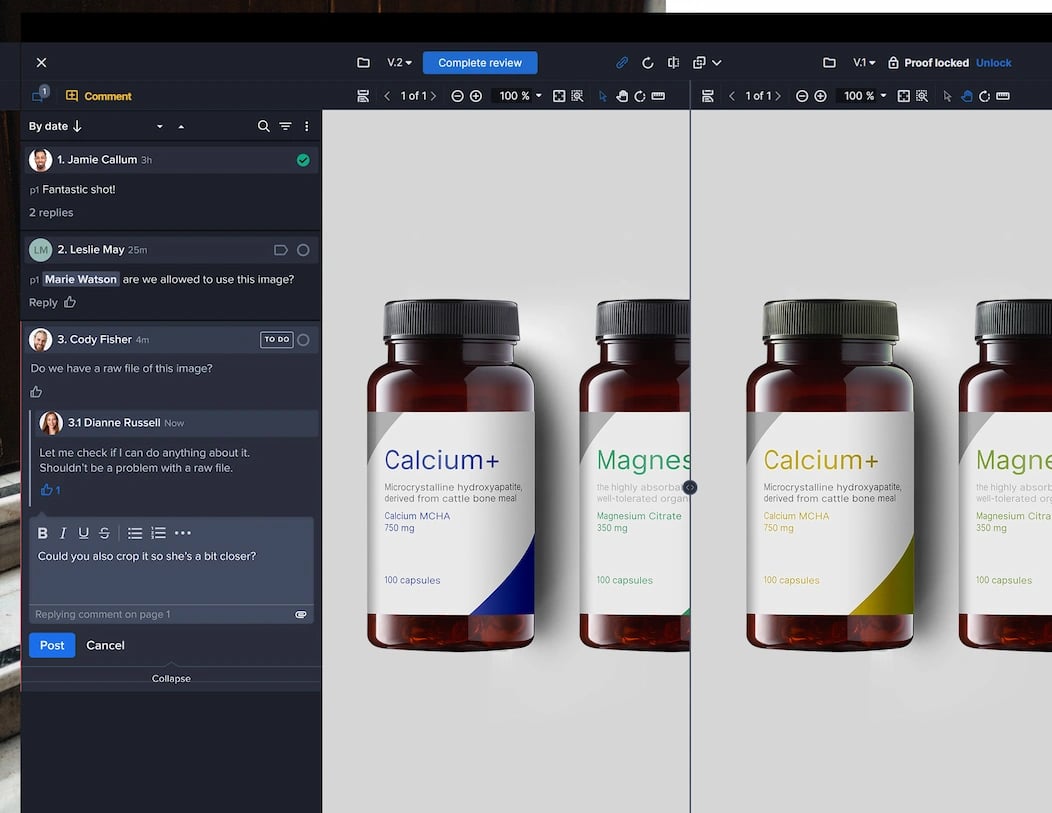
4. Organization
The best marketing compliance software will have organization at the heart of its design, and it should offer your company a flexible structure and options to manage your projects however suits you best.
With customizable proofs and filters, you can tailor your creative workflow and compliance process in a way that works for your unique team. Ultimately, this lets you set up your software to handle more time-consuming (but necessary) administrative and organizational tasks. This can help automate some compliance tasks and give your team more time to focus on developing amazing deliverables.
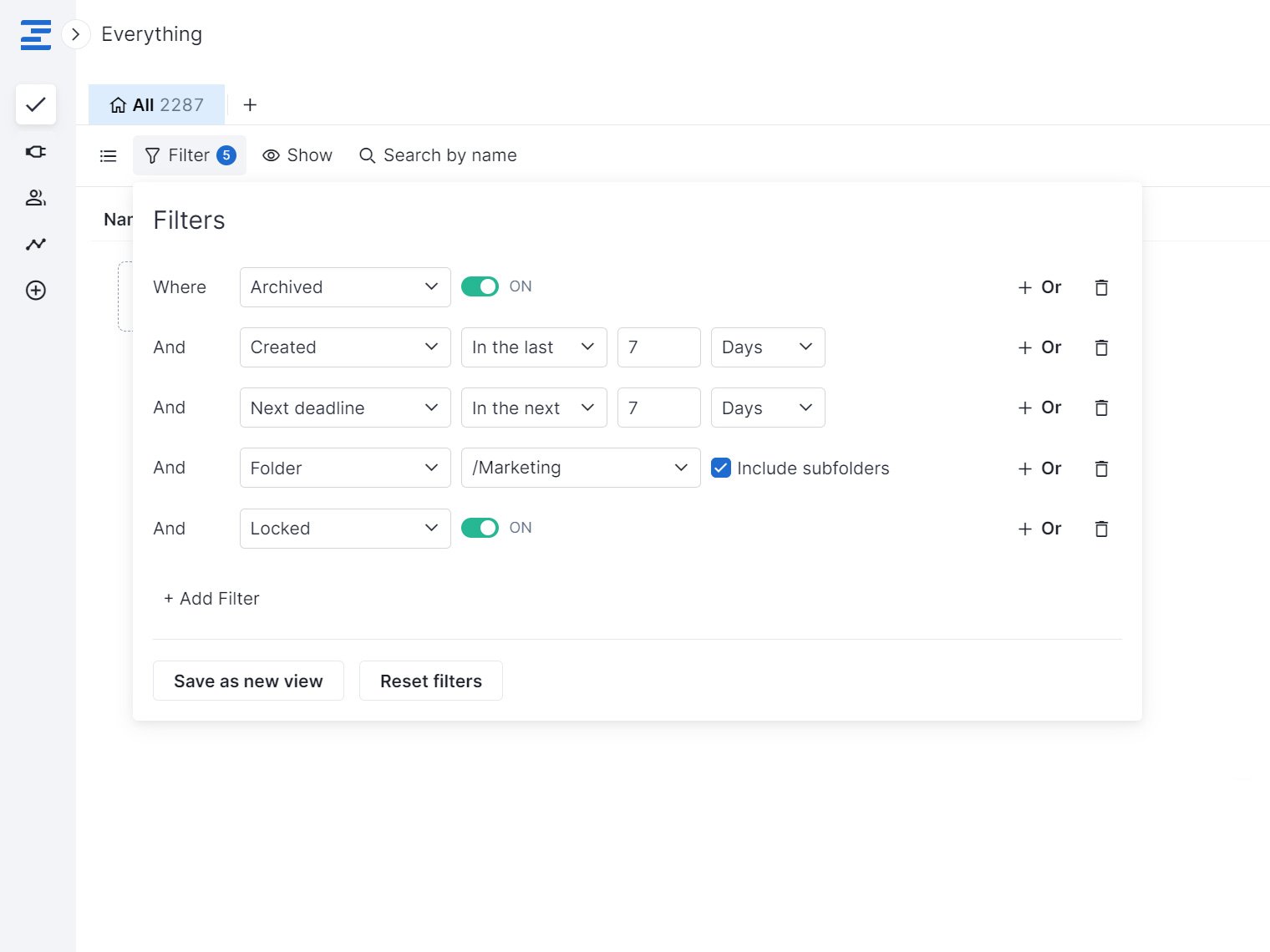
5. Audit trail
If the regulatory commission comes knocking, you must be able to prove you have everything in order. That means every version of a regulated ad or website design, all the approvals around copy and design, every comment ever left on a collaborative file, and the documentation around creative analytics data.
For that reason, you should ensure any software you use for marketing compliance has the ability to record an audit trail.
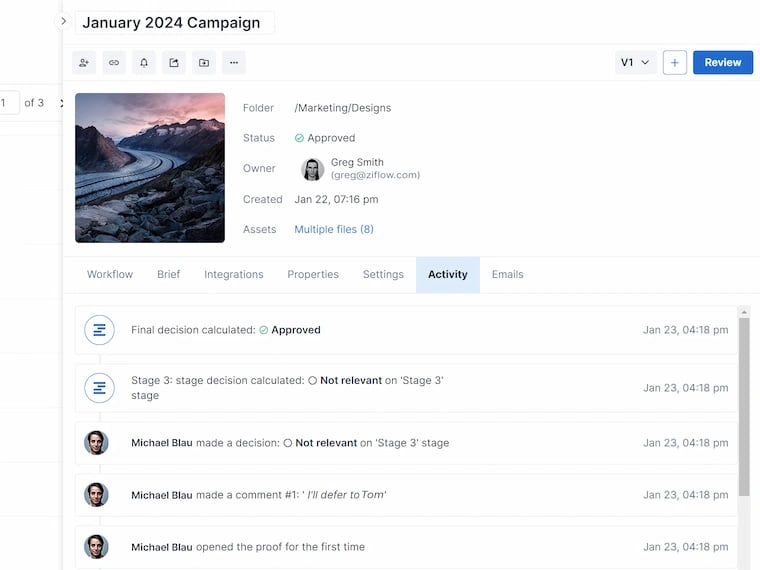
6. Progress Tracking
Monitoring processes is an important part of tracking compliance. Processes ensure that your team completes compliance steps as part of a creative project, including documenting versions and consulting legal.
Finding software that offers an organized dashboard makes it easy to monitor progress at a glance, allowing you to notice if any projects are off track or bottlenecked.
Compliance monitoring is no longer optional — Ziflow embeds it in your creative process
Regulatory bodies aren’t afraid to punish companies for non-compliance with marketing regulations. Plus, customers care about compliance, too: They want to trust that companies are following the laws created to protect them.
Ziflow was designed especially for creative teams with compliance concerns. We have all the features you need to brainstorm, collaborate, and craft something amazing. We just happen to also have the compliance features you need built right in!

With a track record that spans media giants like WarnerMedia, Viacom, and Google, Aaron's expertise shines through in multi-million dollar projects across various mediums, from traditional television to the dynamic realm of YouTube.

